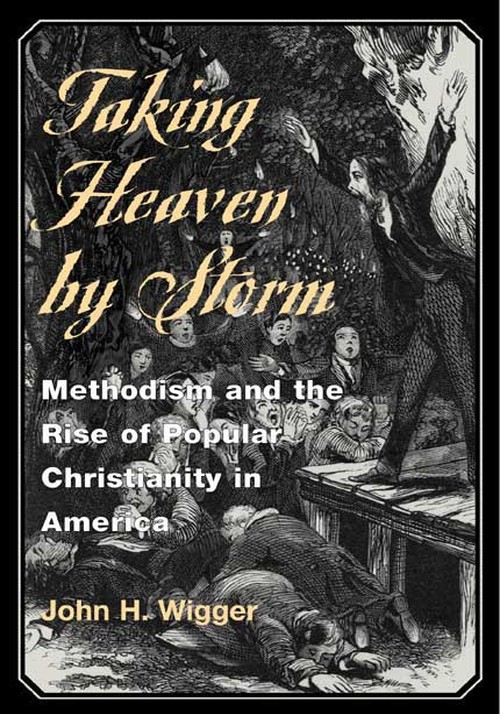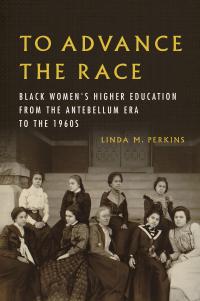
Taking Heaven by Storm
Methodism and the Rise of Popular Christianity in America
Thorough, readable, and comprehensive, this is the best history of Methodism from the founding of the country into the 1820s
Paper – $20.95
978-0-252-06994-9
Publication Date
Paperback: 01/01/2001
About the Book
In 1770 there were fewer than 1,000 Methodists in America. Fifty years later, the church counted more than 250,000 adherents. Identifying Methodism as America's most significant large-scale popular religious movement of the antebellum period, John H. Wigger reveals what made Methodism so attractive to post-revolutionary America. Taking Heaven by Storm shows how Methodism fed into popular religious enthusiasm as well as the social and economic ambitions of the "middling people on the make"--skilled artisans, shopkeepers, small planters, petty merchants--who constituted its core. Wigger describes how the movement expanded its reach and fostered communal intimacy and "intemperate zeal" by means of an efficient system of itinerant and local preachers, class meetings, love feasts, quarterly meetings, and camp meetings. He also examines the important role of African Americans and women in early American Methodism and explains how the movement's willingness to accept impressions, dreams, and visions as evidence of the work and call of God circumvented conventional assumptions about education, social standing, gender, and race.A pivotal text on the role of religion in American life, Taking Heaven by Storm shows how the enthusiastic, egalitarian, entrepreneurial, lay-oriented spirit of early American Methodism continues to shape popular religion today.About the Author
John Wigger is an associate professor of history at the University of Missouri.Reviews
"Stunning, magnificent, pungent, well-crafted, beautifully written, painstakingly researched, lavishly documented, careful, comprehensive, insightful, compelling. . . . It provides the best treatment of early American Methodism (to 1820) that we have and are likely to get any time soon."--Russell E. Richey, Wesleyan/Holiness Studies Center Bulletin"John Wigger has at last provided us with the wide-ranging, contextualized study of expansionary, early Methodism that we have long needed. . . . This is a lucidly written work of scrupulous and unostentatious historical scholarship."--Richard J. Carwardine, Journal of Southern Religion






